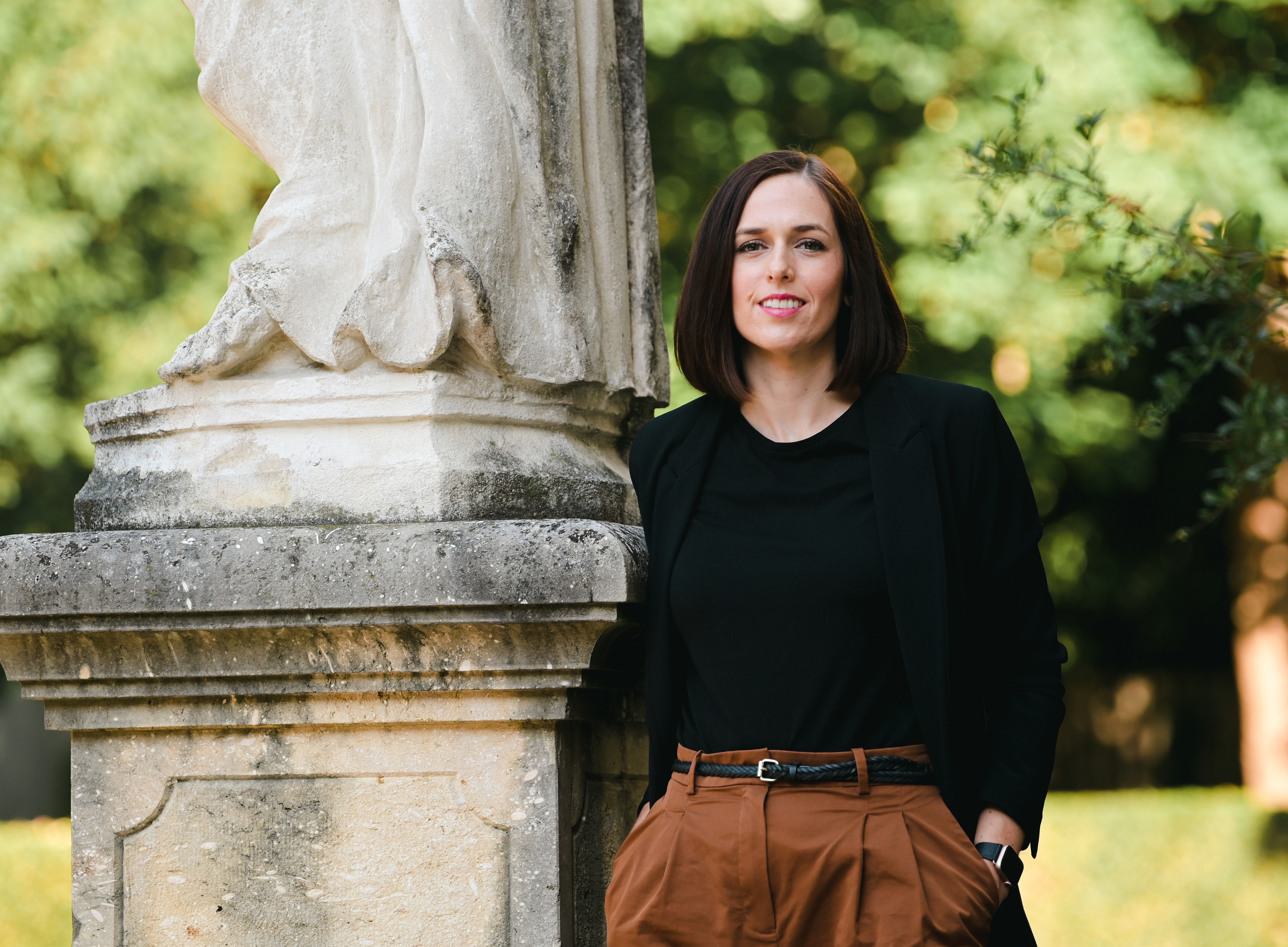One of your main areas of research is film music from the 1930s to the 1960s. What do you find most exciting about this topic?
For me, the 1930s and 1960s are a particularly exciting time of comprehensive media and aesthetic change: ultimately, the foundations for film music as we know it today were laid during this period. The international acceptance of sound film technology around 1930 offered new possibilities for music in audiovisual contexts - until the end of the 1960s, playback and recording technologies in the field of film music also improved continuously. At the same time, this period was also eventful politically, economically and socially in a global context.
It is therefore particularly exciting for me to see how film music fits into the complex context of this period. In the field of music, this is characterized on the one hand by the aforementioned technological innovations, while on the other hand, film composers at this time still place themselves strongly in a traditional historiography of art music - and this in the context of Hollywood films geared towards entertainment and profit.
You are leading the FWF research project "GuDiE", which operates at the interface between musicology and digital humanities. The aim is to create a digital edition of Gumpenhuber's theater chronicles. What can we expect from this?
In the mid-18th century, ballet master Philipp Gumpenhuber was commissioned by Maria Theresa to compile an overview of all the activities of the Viennese court theaters. Gumpenhuber's chronicles therefore record all details of theatrical life at the Viennese court in the period 1758-1763: this includes information on the operas, ballets and plays performed, but also information on rehearsals and details of mishaps in the theater, such as changes to plays due to illness.
Today, however, Gumpenhuber's chronicles are separated by the Atlantic: some of the surviving chronicles are in the Houghton Library at Harvard University and others in the Austrian National Library. The digital edition (Gumpenhuber Digital Edition; GuDiE for short) has set itself the task of reuniting the chronicles in the digital space and supplementing them with innovative visualization options. In future, it will be possible for interested members of the public to see what was performed at which theater in Vienna, when, with which actors and at which theater. Anyone who has ever asked themselves how an opera performance was rehearsed in the 18th century or which aristocrats from other courts were guests at the Viennese court on which occasions will also find what they are looking for at GuDiE.
What advice would you give to young people who are considering studying musicology and what do you think makes Graz a special location for research in the field of musicology and the arts?
Just try it out and let yourself be surprised! "Musicology" is an unwieldy term that is difficult to get your head around at first. However, I am convinced that those interested in music will hear supposedly familiar things with new ears when studying musicology. As a tip: try consciously listening to the music the next time you're watching a Netflix series! Music is an integral part of everyday life. Accordingly, musicologists work in a wide range of professional fields: The humanities degree in musicology provides students with the skills to open up new music-related professional fields.
A special feature of musicology and art studies research in Graz is the presence of a humanities faculty with a wide range of disciplines. Music as an art form is and has always been understood in relation to other art forms, media, cultural contexts and societies. The broad disciplinary diversity at the Graz location makes it possible to reflect on musical phenomena in the past and present comprehensively and in cooperation with partners from different disciplinary perspectives. This provides the basis for the development of innovative research perspectives, which ultimately also include the increasingly important potential of digital methods. Graz also has a diverse art and cultural scene - which is also easily accessible by bike at any time of day or night, thanks to the size of the city.
3 questions for... Employees and students of the Faculty of Humanities
